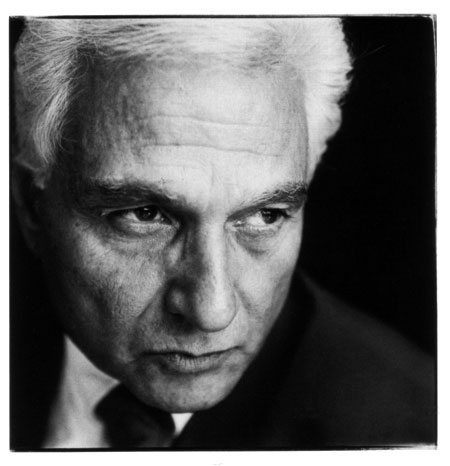Derrida’s concerns flow from a consideration of several issues:
1. A desire to contribute to the re-valuation of all western values,
built on the 18th century Kantian critique of reason, and carried
forward to the 19th century, in its more radical implications, by
Kierkegaard and Nietzsche.
2. An assertion that texts outlive their authors, and become part of a
set of cultural habits equal to, if not surpassing, the importance of
authorial intent.
3. A re-valuation of certain classic western dialectics: poetry vs.
philosophy, reason vs. revelation, structure vs. creativity, episteme
vs. techne, etc.
To this end, Derrida follows a long line of modern philosophers
beginning with Kierkegaard, who look backwards to Plato and his
influence on the western metaphysical tradition. Like Nietzsche, Derrida
suspects Plato of dissimulation in the service of a political project.
That project being the education, through critical reflections, of a
class of citizens more strategically positioned to influence the polis.
However, like Nietzsche, Derrida is not satisfied merely with such a
political interpretation of Plato, because of the particular dilemma
modern humans find themselves stuck in. His Platonic reflections are
inseparably part of his critique of modernity, hence the attempt to be
something beyond the modern, because of this Nietzschian sense that the
modern has lost its way and become mired in nihilism.




